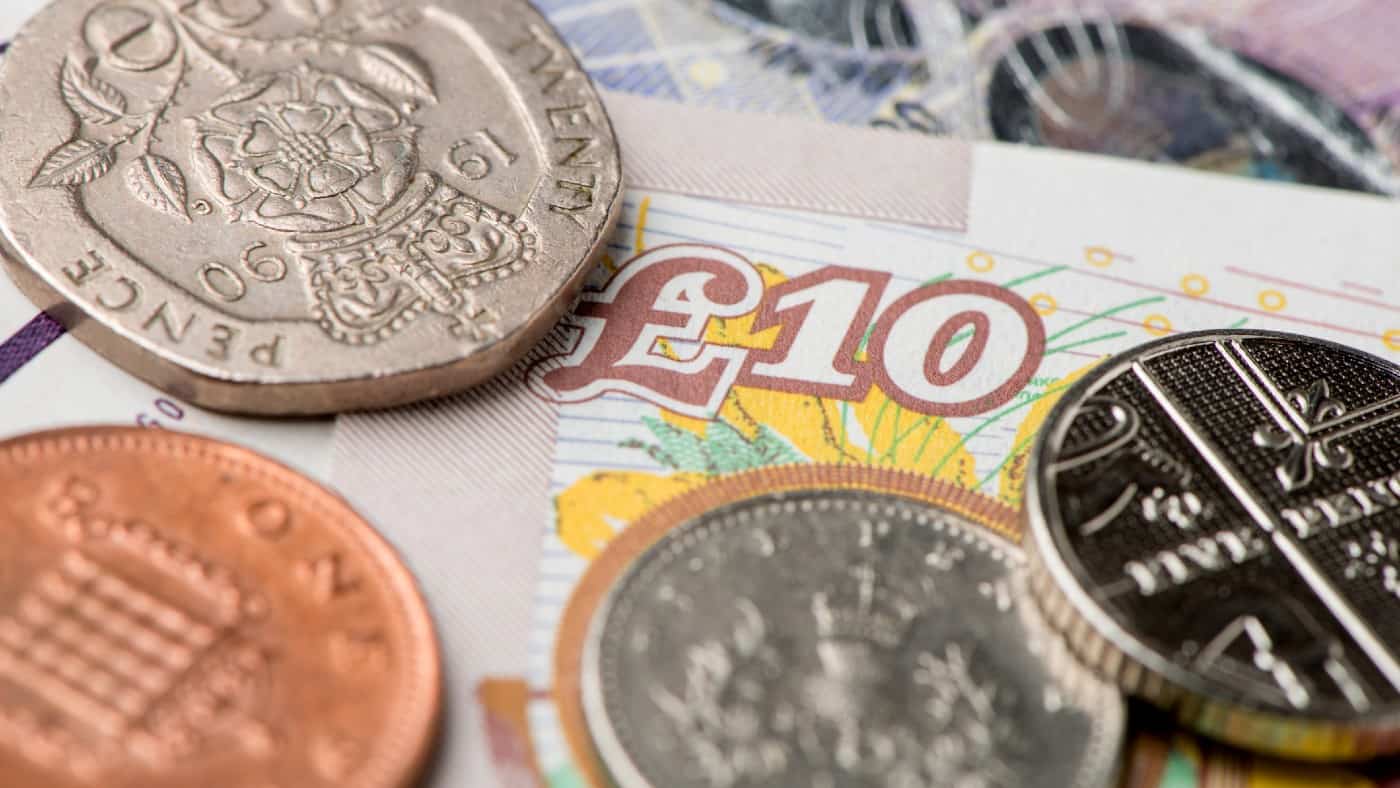Building long-term income streams can take a lot of work. The good news for many investors is that lots of FTSE 100 shares benefit from decades of such work having already been done.
For example, one such blue-chip share benefits from the income streams of a decades-old business with a multinational footprint and over 100m customers. If I bought the shares today, I could earn a prospective dividend yield north of 10%.
Is this a share income-hungry investors like me ought to consider?
Iconic brand
The FTSE 100 share in question is Vodafone (LSE: VOD). I think the business has a number of advantages. It operates in a space with robust demand I expect to grow over the long term. Within that area, Vodafone has a well-known brand that can help it attract and retain customers.
The well-established business has already done the heavy lifting of building mobile networks and acquiring a large customer base. That could help it make substantial profits in years to come.
Challenging industry
However, while Vodafone has strengths, it also has some pretty significant weaknesses.
One of those is its balance sheet. The business has reduced its net debt sharply in the past year, but the amount still stands at €33bn. That level of debt is expensive to service.
Another concern is the longer-term driver for debt. Even if Vodafone pays off its current borrowings, mobile networks are expensive to build and maintain. Licenses can be expensive and building a network costs vast sums. That could continue to act as a drag on future profit margins at the telecoms giant.
Possible bargain
Still, even allowing for those risks, I am starting to think that the beaten-down price of this FTSE 100 share looks like a potential bargain.
Vodafone’s earnings have moved around a lot in recent years, something that is common in the mobile industry. But I think Vodafone has the makings of a great business.
A new chief executive is trying to impose more strategic focus. If that works, it could unlock some of the value at the firm. Today’s market capitalisation of under £20bn looks cheap to me given the company’s brand, customer base and market position.
Last year’s earnings suggest a price-to-earnings ratio of just 2. That figure is unusually low due to earnings fluctuations. But I think there is significant room for earnings growth.
Lower debt levels could mean interest costs fall over the long term, while selling some businesses and cutting costs in others could help Vodafone squeeze better profit margins out of its existing footprint even without adding new customers.
High yield
On top of that, the company offers one of the highest yields of any FTSE 100 share.
Will it last? Perhaps – but maybe not. Vodafone has cut its dividend before. The current share price suggests the City fears it may do so again.
So far though, no plans to reduce the dividend have been announced. If management can improve business performance, the mouth-watering dividend may be here to stay. I am waiting for signs of such improvement before investing. For now, I am keeping a keen eye on how Vodafone performs.








